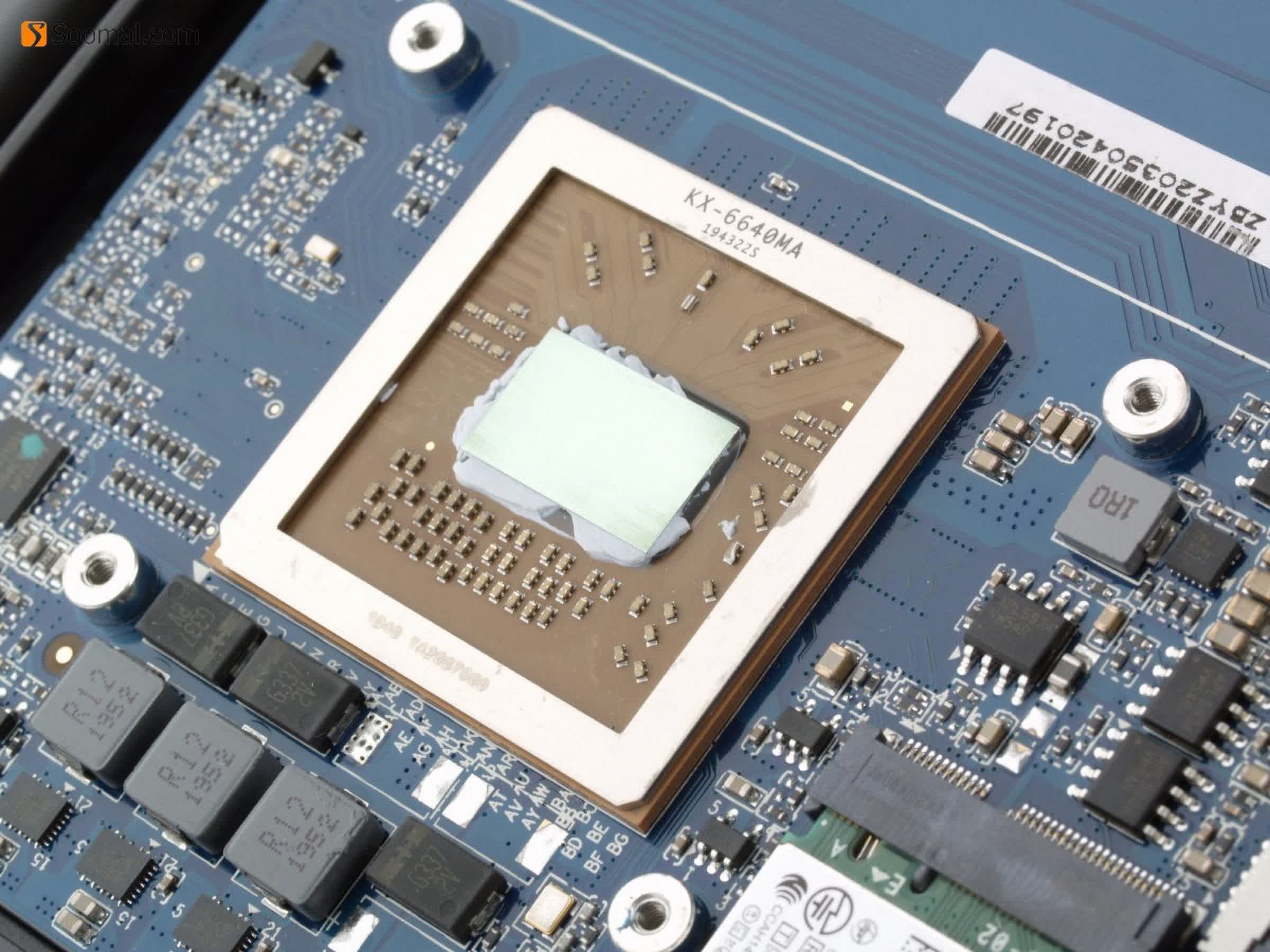You get what you pay for
By Rob Thubronhttps://www.techspot.com/news/96373-russia-finds-40-chinese-chip-imports-defective.html
TL;DR: Sanctions against Russia mean the country now looks to the Chinese gray market for its semiconductor imports, but there's a problem: 40% of them are defective. That marks a 1,900% increase in their failure rate over the last few months.
As reported by The Register, pro-Putin newspaper Kommersant writes that the percentage of defective imported chips into Russia before the war was just 2%, which isn't very good considering how many components are found in today's electronic items. Now, almost eight months after the country invaded Ukraine, it stands at 40%.
Russia blames these failure rates on the pandemic impacting the supply chain and sanctions forcing it to import chips from the Chinese gray market, an area that not only comes with the threat of faulty products but is also unreliable and slow.
Many businesses have quit Russia as a result of the import restrictions, and those that are left must deal with sanction-skirting Chinese companies for semiconductors. Given that some of these duds were likely intended for military hardware supporting the war in Ukraine, one wonders if Russia and China's "friendship without limits" extends to imports of non-borked chips.
China has neither confirmed its support for Russia's invasion of Ukraine nor condemned Putin's actions. But the sanctions placed on the country have benefitted Chinese companies dealing with their own US-imposed restrictions—we often see both nations grouped together in sanctions, as was the case with the export rules introduced a few weeks ago that stopped Nvidia and AMD from selling their high-performance AI-focused GPUs to Russia or China without a license.
After it was first hit with import sanctions, Russia made bold claims that it would be investing in domestic chip development, manufacturing, and personnel training, with the intention of producing chips using a 28nm node by 2030. May brought news that Russia's inability to source reliable semiconductors was forcing it to use components taken from dishwashers and refrigerators in its tanks, which are probably more reliable than the Chinese imports, anyway.
https://www.techspot.com/news/96373-russia-finds-40-chinese-chip-imports-defective.html
In Russia, the popularity of marriage is growing
The share of defective chips and components in the supply of Russian companies from China since the beginning of hostilities in Ukraine has increased from 2% to 40%, the interlocutor of "Kommersant" in the Russian electronics market told Kommersant. In his opinion, the reason is that due to the termination of official cooperation of foreign distributors with Russian partners, the latter began to establish channels for the import of electronics and components through unofficial suppliers.
"The increase in marriage will increase the final cost of Russian electronics by half and stretch the production time," he notes.
The problem is confirmed by the top manager of a major Russian electronics manufacturer: the shortage of components caused by a disruption in logistics due to the pandemic has increased this year due to sanctions. Manufacturers, according to the interlocutor of "Kommersant", are forced to purchase components from unauthorized suppliers who are not responsible for the quality of products.
Customers themselves began to purchase components in China and other countries, without having the experience and technologies to check suppliers and products, says Ivan Pokrovsky, general director of the Center for Modern Electronics. At the same time, he argues that the problem "concerns individual companies, not the entire industry." The Ministry of Industry and Trade "Kommersant" reported that information about the increase in defective supplies of components was not received there.
After the outbreak of hostilities in Ukraine, the US Treasury began to include Russian manufacturers and developers of electronics in the sanctions lists, which is why the latter were cut off from the supply of foreign components. Under the restrictions, for example, were the structure of Baikal Electronics, MCST, SPC Elvis, Aquarius and the structure of the Yadro Group of Companies (see "Kommersant" of September 15).
The percentage of defects in the market differs depending on the manufacturer, the quantity and quality of components and their type, said Evgeny Krivosheev, director of production and development of F+ tech (produces smartphones, PCs and other electronics, part of the Marvel Distribution structures). "In our practice, a significant percentage of the total number of defects was associated with LCD-displays of devices. To assemble a smartphone, about 250 elements are required, to assemble a server - already more than 1 thousand, and it is difficult to determine the quality of the components by appearance, "he says.
The top manager believes that the percentage of defects can be significant, because the shortage and restrictions on the supply of components have increased the number of people who want to get rid of illiquidity.
"In the case of shipments of substandard batches, such as memory modules, processors and drives, the chance of meeting defective products is higher if the manufacturer chooses anonymous sellers," he adds.
Importers have to create longer chains and buy goods not directly from factories, but from intermediaries and exchanges, so the degree of control over the quality of products is falling, admits Nikolai Komlev, executive director of the Association of Computer and Information Technology Enterprises. He doubts that the quality of Russian equipment will noticeably fall, "after all, before assembling computers, chips are tested, but rejected products are included in the price of the final ones." If the percentage of defects has increased by 40%, it can be assumed, the expert says, that the costs in the price of the final product will rise by these 40% of the cost of components.
According to the results of a survey of the largest developers and manufacturers of computer equipment, including Aquarius, Business Office (iRU), ICL, New IT Project, Bulat, ATOL, the presence of the indicated problem in terms of a sharp increase in the defective components and, as a result, the increase in equipment prices was not confirmed, said Svetlana Legostaeva, general director of the Computer Engineering Consortium.
In Russia, the popularity of marriage is growing – Newspaper Kommersant No 192 (7393) of 17.10.2022











